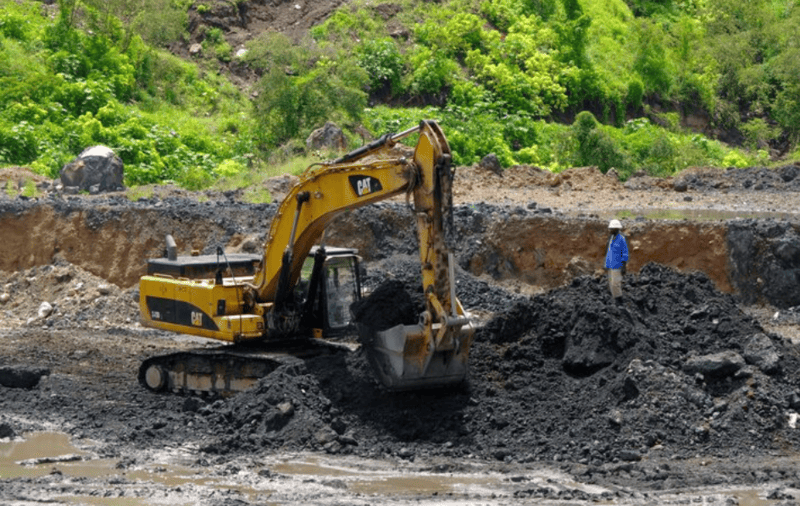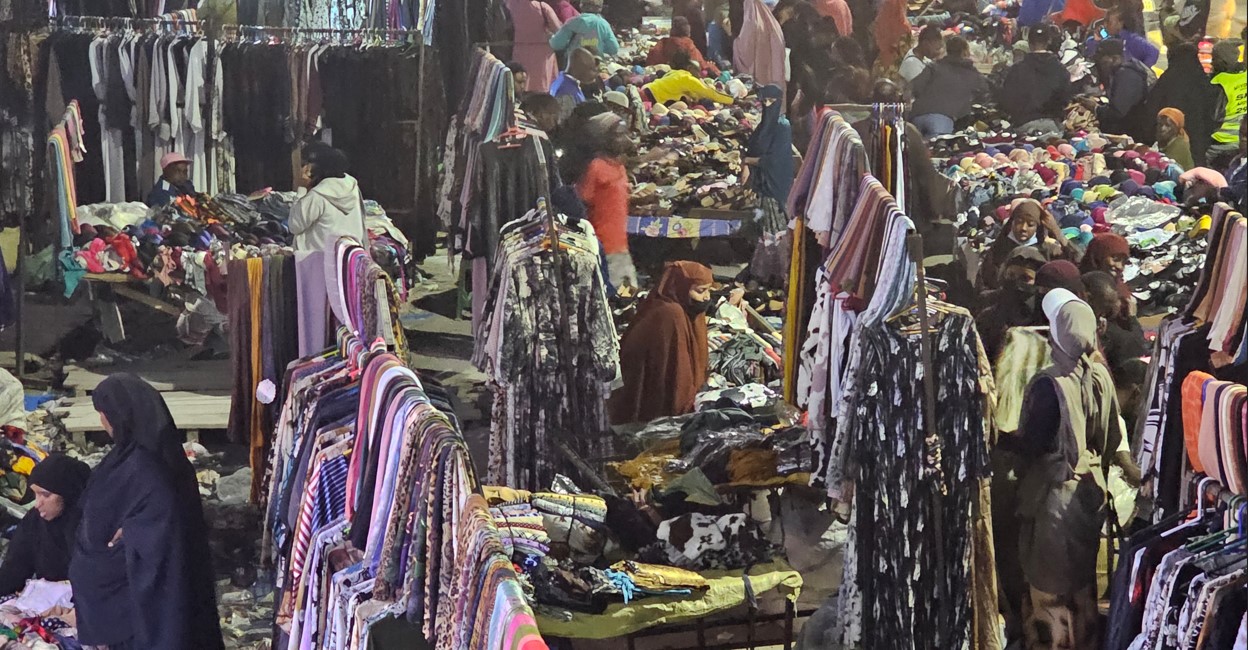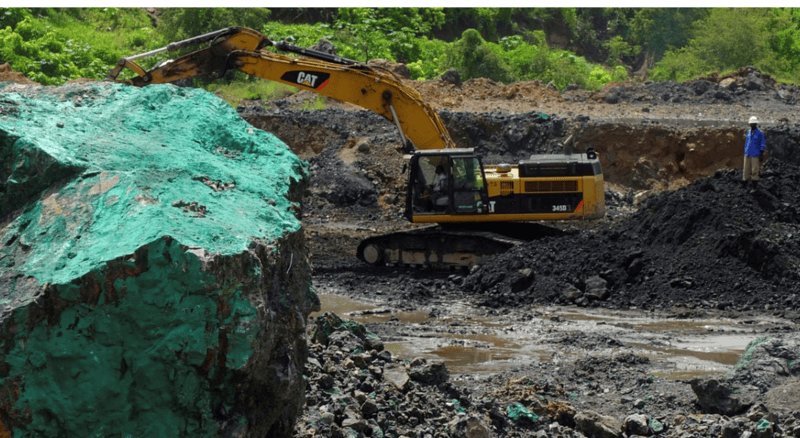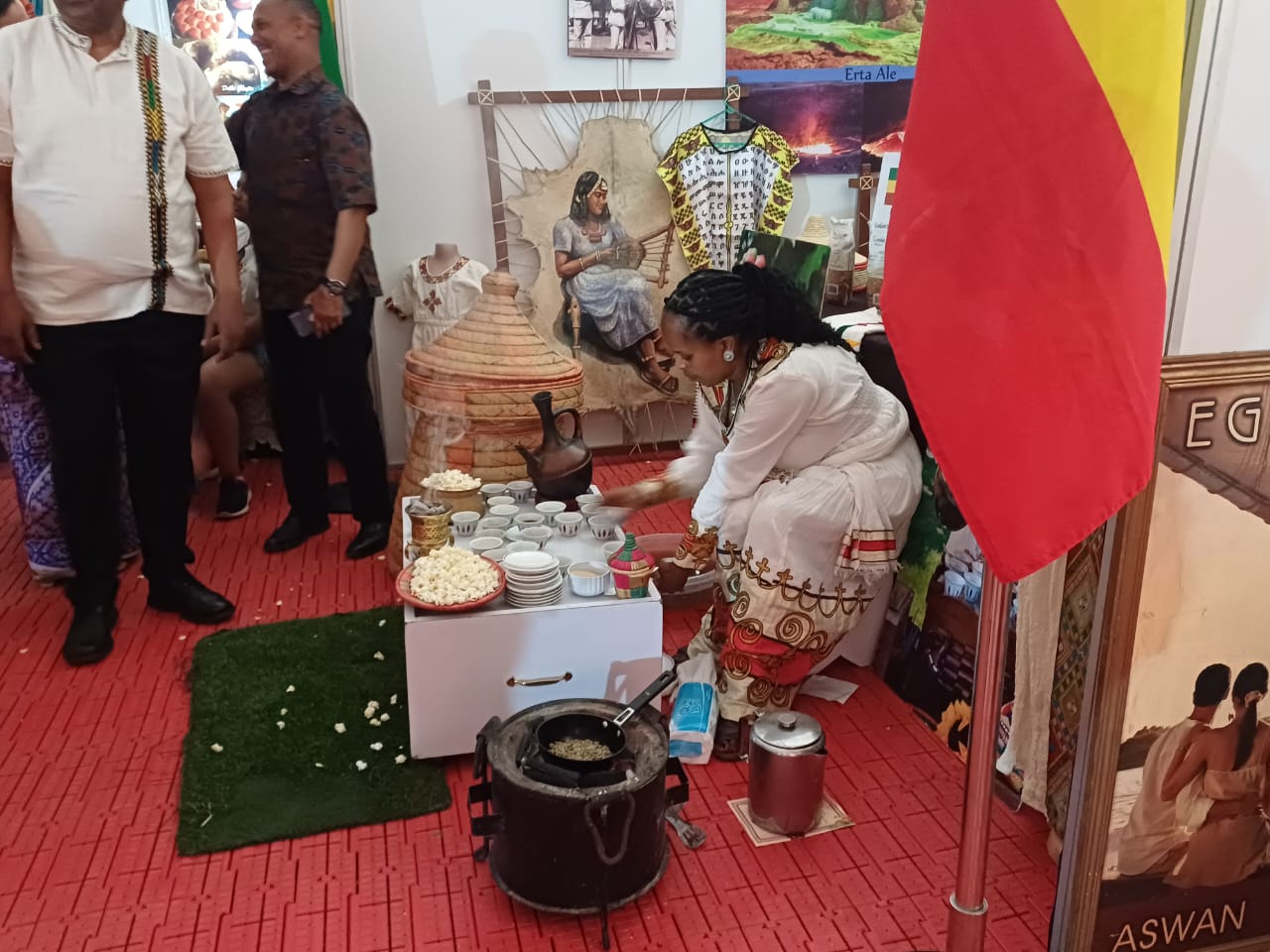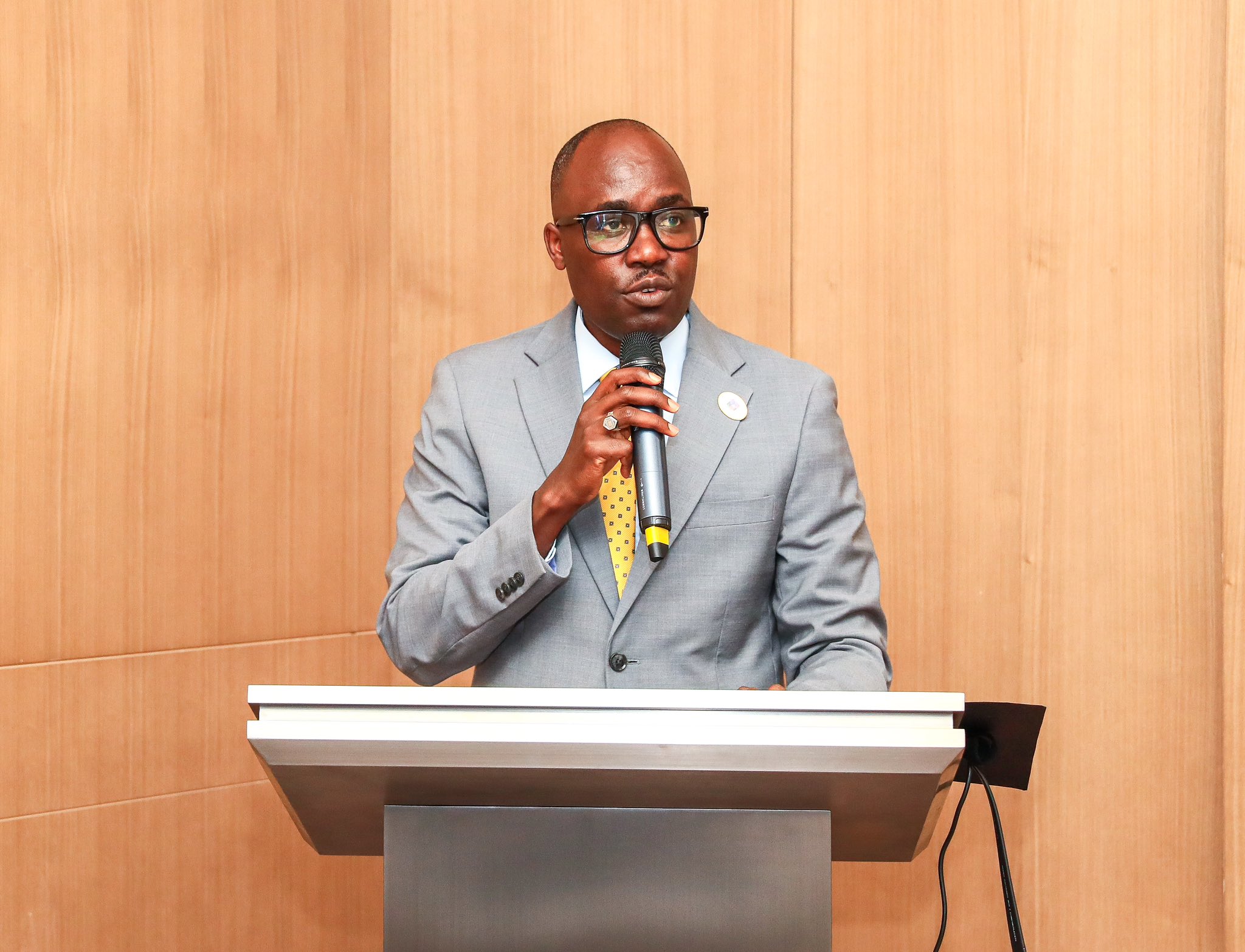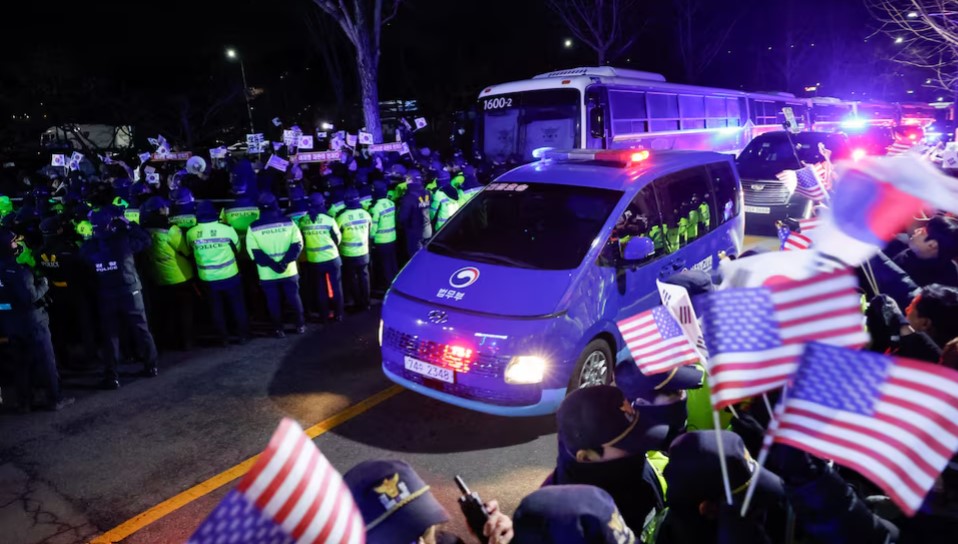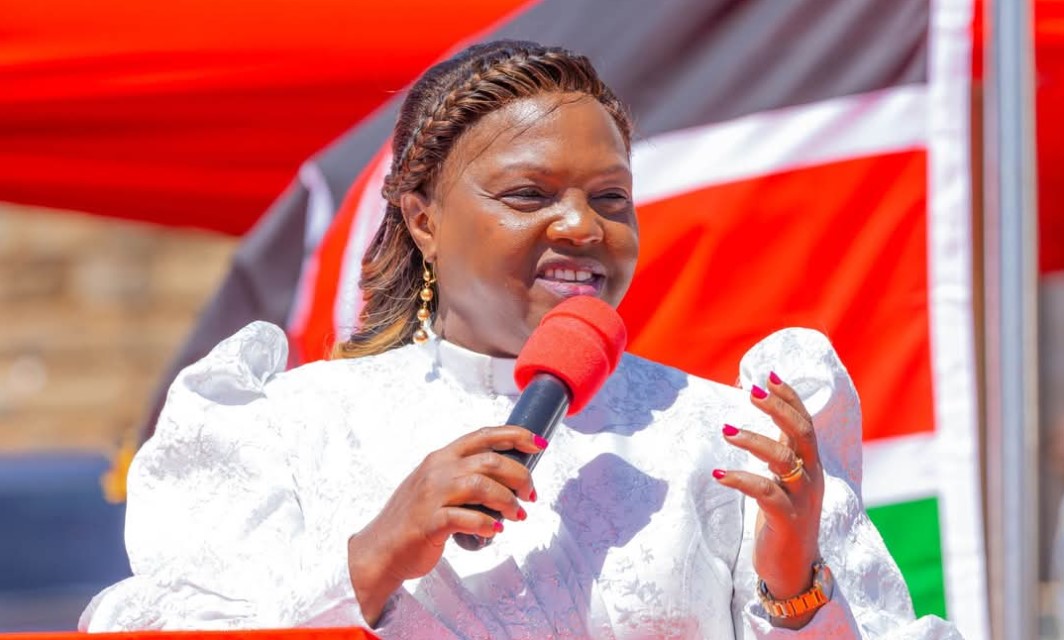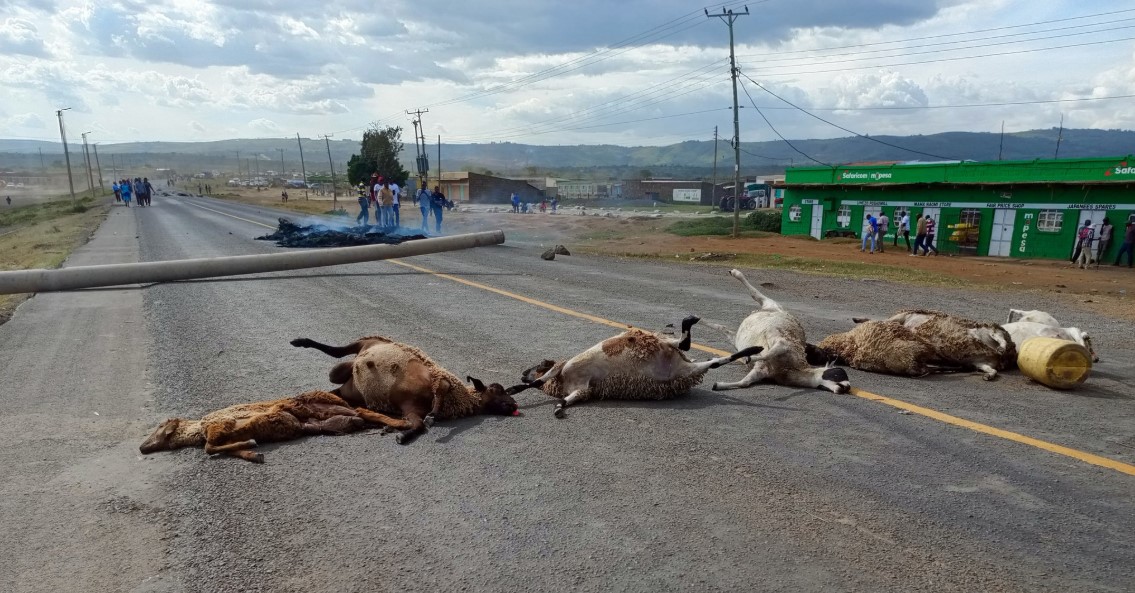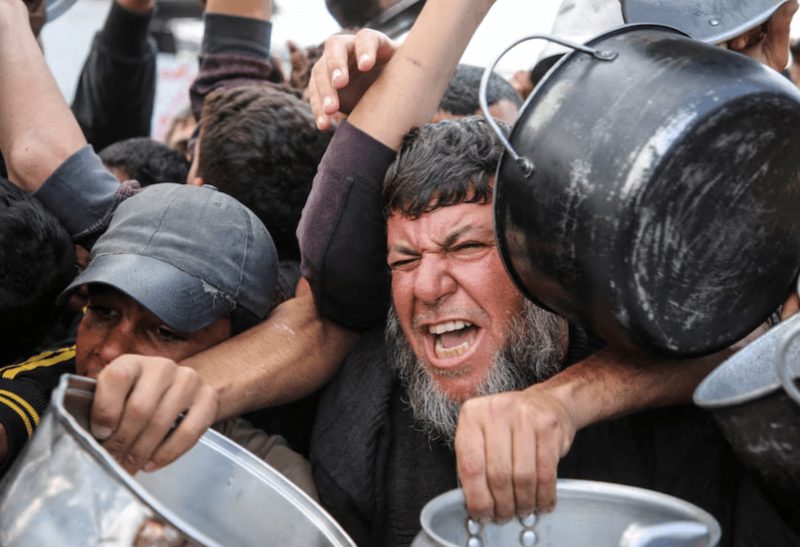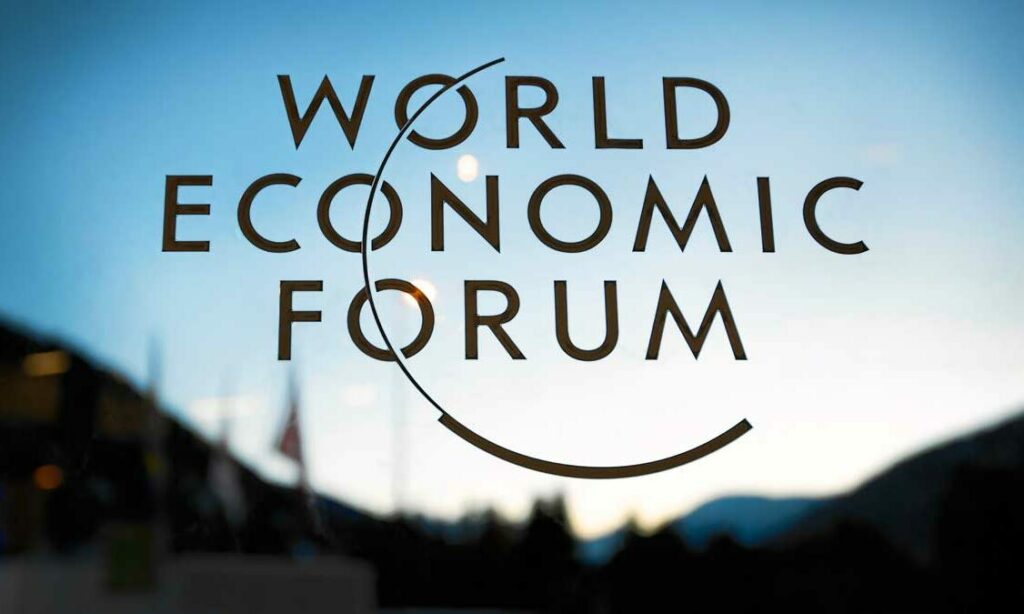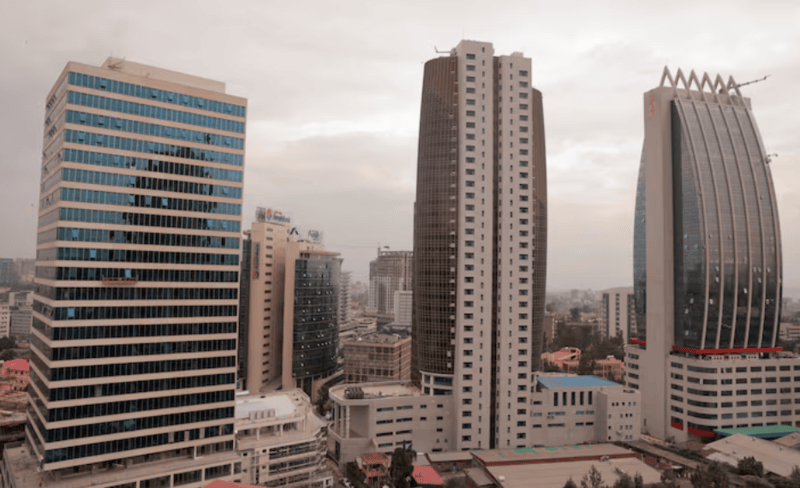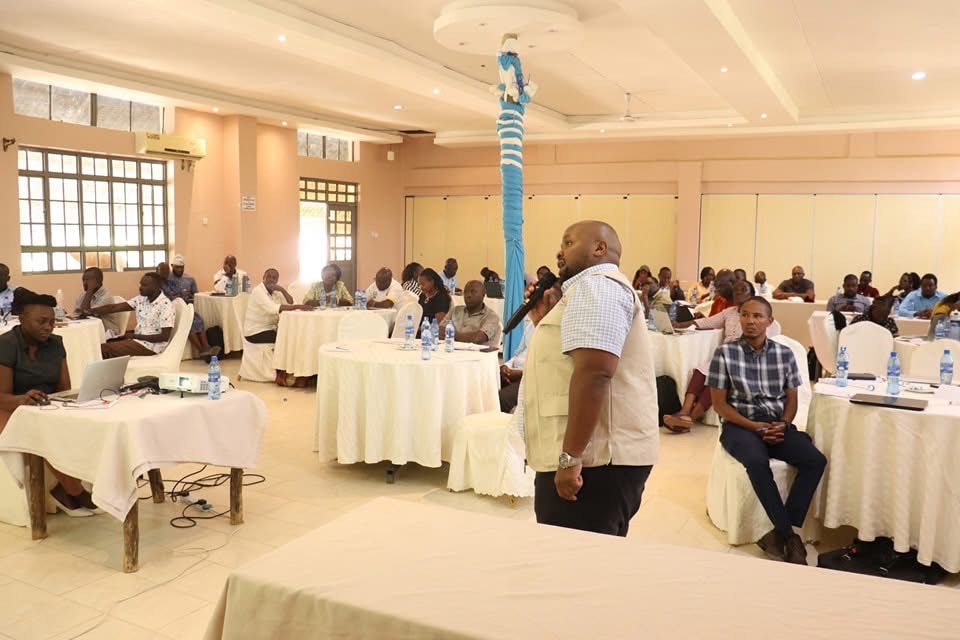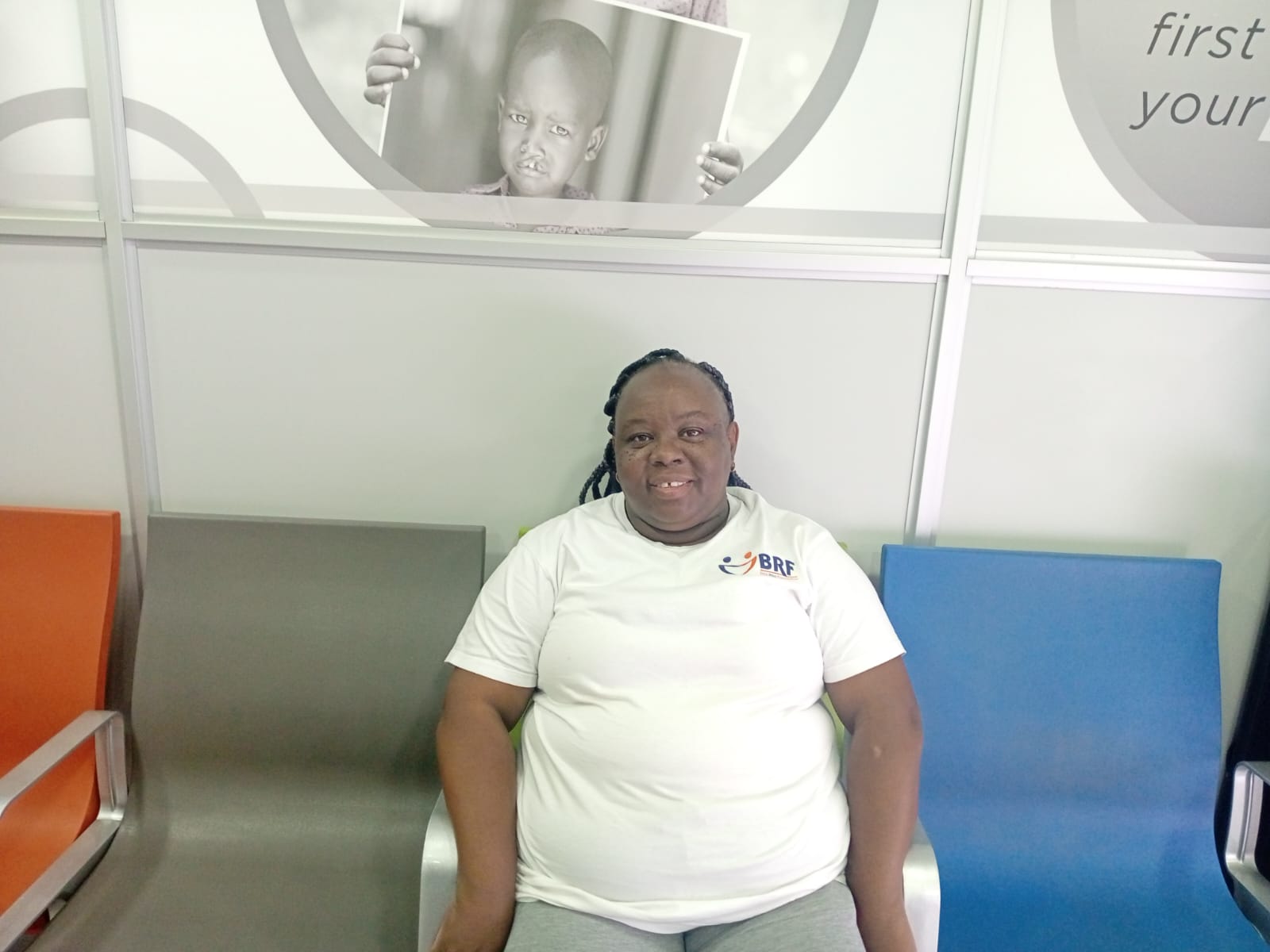DR Congo conflict: Why is the ceasefire not holding?
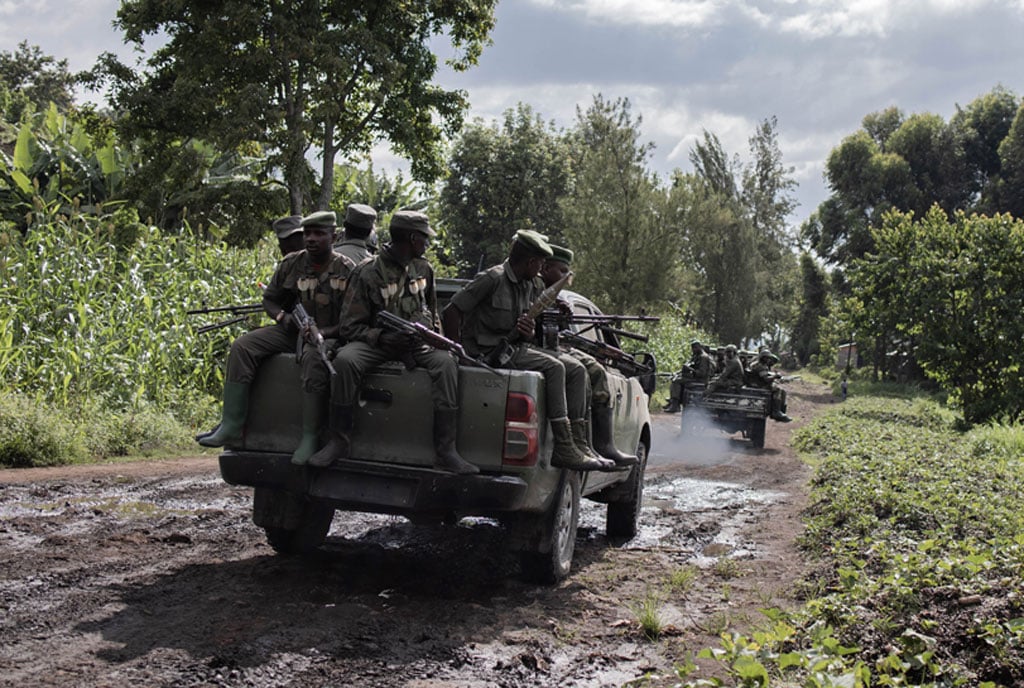
Observers say Rwanda wants to exert influence over the vast eastern DRC region for economic and security reasons.
Clashes between Congolese government forces and the M23 rebel group are continuing in the eastern Democratic Republic of Congo. Worryingly, they are edging closer to densely populated areas between Lake Edward and north of Lake Kivu, relatively close to the borders of Rwanda and Uganda. On Sunday, August 25, some reports suggested that the M23 had captured the town of Kirumba, an important regional hub.
It follows a string of captured towns by the M23, sometimes even without a fight, since a ceasefire in July was agreed. The M23 has accumulated vast swathes of territory since it re-emerged from dormancy in 2021. The well-armed group is widely believed to be supported militarily and logistically by Rwanda.
More To Read
- President Kagame denies occupying Eastern DRC, criticizes UN peacekeeping efforts
- Amnesty International urges DRC President to halt planned mass executions
- M23 conflict escalates in eastern DRC as rebels defend ‘existential war’
- Congo files criminal complaints against Apple in France, Belgium over conflict minerals
"Goma is isolated as the capital of the North Kivu. There is no way to move to the north because Nyiragongo the M23 already seized the place," Goma-based political commentator Jack Kahorha told DW. He said the transport route which delivers food and other supplies has been disrupted.
M23 ties to Rwanda
Other Topics To Read
Kinshasa accuses Rwanda of increasingly overt support for the M23 rebels, from arms and ammunition to personnel. Rwanda denies the claim but, in February, admitted that it has troops and missile systems in eastern Congo to safeguard its security, pointing to a buildup of Congolese forces near the border.
Observers say Rwanda wants to exert influence over the vast eastern DRC region for economic and security reasons. The territory holds significant natural resources such as timber, rare earth minerals and gold. The area also harbours Hutu extremist militias, whom Kigali accuses of being responsible for the 1994 genocide against the Tutsi.
"If you look at Rwanda's President Paul Kagame's governance since the early 90s, much of it has hinged on building an ideology around himself and the counter-genocide doctrine that Kagame is the protector," Daniel van Dalen, a South African-based risk analyst, told DW.
Rwanda and the DRC 'want peace'
Instability in the eastern DRC, which started in the mid-1990s, has led to nearly six million deaths. More than 120 militia and armed rebel groups roam the provinces of Ituri, North Kivu, South Kivu, and Tanganyika. Many of these rebels commit atrocities and violations against civilians, according to the UN.
The UN estimates fighting has driven more than 1.7 million people from their homes in North Kivu, taking the total number of Congolese displaced by multiple conflicts to a record 7.2 million.
Congolese President Felix Tshisekedi and Rwanda's Paul Kagame, who recently began a new term, have voiced a desire for peace and stability in the eastern DRC, but Kahorha is not optimistic. "The way the situation is going now, there is no hope for a solution if peace dialogue is not engaged," Kahorha said, adding that the eastern DRC has been embroiled in conflict for the past 30 years now. "It has become a never-ending crisis.
SADC forces battling M23 rebels
But it is the current offensive by the M23 rebels and their disregard for the ceasefire that alarms observers. M23's onslaught comes despite the deployment of a Southern African Development Community (SADC) mission to eastern Congo to combat the M23 rebel group.
In December 2023, SADC sent a military force to aid the Congolese government to push out the rebels. So far, the SADC troops have failed to halt the M23 rebels, who keep seizing more territory.
South African military vehicles in Sake pass Congolese civilians fleeing SADC's operation against the M23 rebel group.South African military vehicles in Sake pass Congolese civilians fleeing SADC's operation against the M23 rebel group.
Speaking exclusively to DW on SADC's deployment, Malawian President Lazarus Chakwera stressed that the troops' top priority is protecting innocent lives. "Peace is a prerequisite for development. Whether it is proxy wars or to do with who has power over this resource or that resource, it's a decision that says 'make sure that we protect vulnerable communities'."
But, SADC's force is not of a peacekeeping nature. "SADC's mission mandate is to actively fight M23," Daniel van Dalen said. "It's coincidental, maybe not so coincidental, that you had the contributing members to the SADC force now are the same ones that were part of the UN's Force Intervention Brigade in 2012, that defeated M23. But they're now just doing it in their capacity."
With SADC forces effectively taking on a Rwandan proxy at the request of the Congolese government (a SADC member), more geopolitical complications could emerge. SADC and Rwandan troops joined forces, largely successfully, to drive out Islamist forces in northern Mozambique.
However, according to van Dalen, SADC's military mission in the eastern DRC is likely to test future military cooperation. "They [SADC troops] are not fighting just a rebel. They're fighting one of the most capable militaries on the continent, through Rwanda, and a rebel group that is being equipped with advanced weapons," van Dalen said, adding that SADC's lack of air support has hampered their effectiveness.
Top Stories Today
